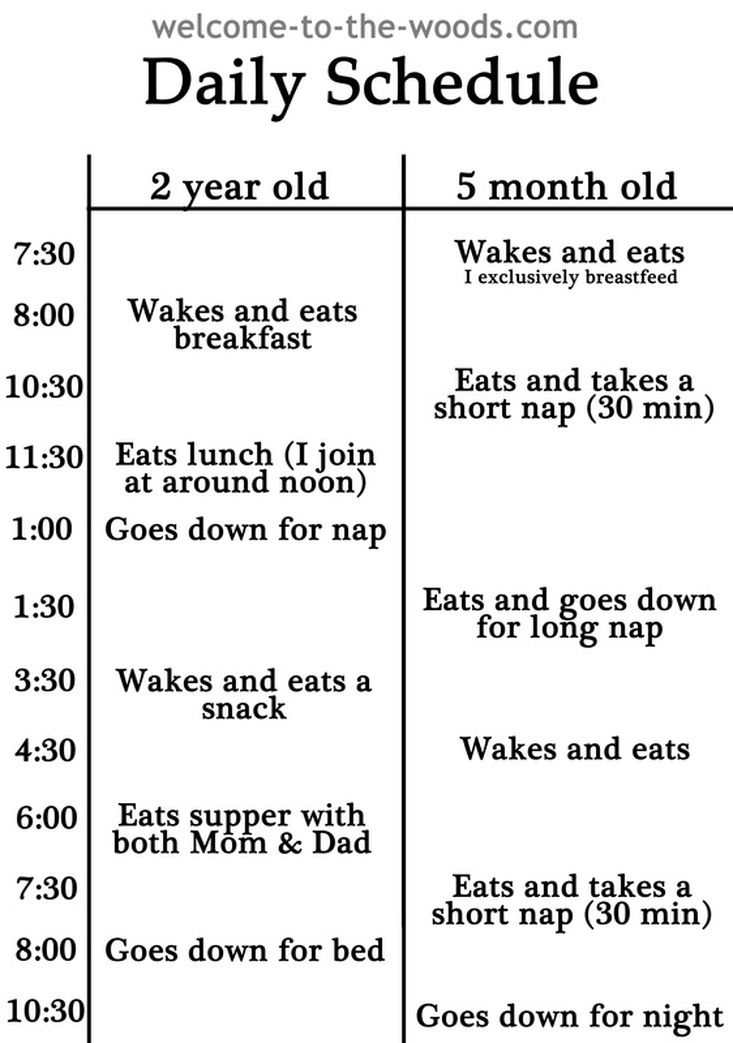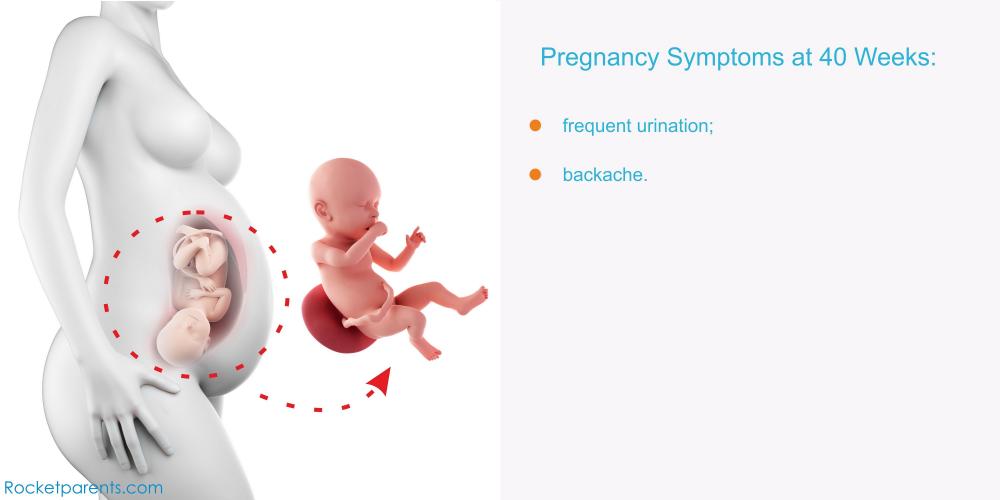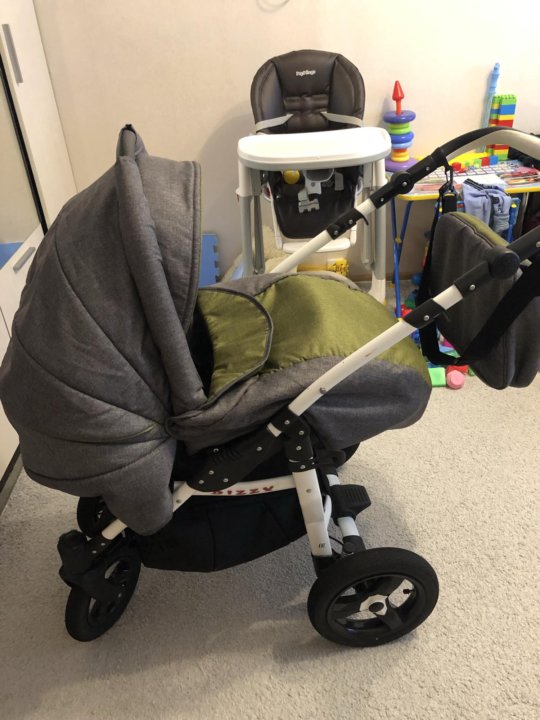How long should a 7 month old nap
7 Month Old Baby Sleep Schedule
How should you manage your 7 month old baby sleep schedule and changing sleep routine? Let’s find out
7 Month Baby’s Sleep Routine
By 7 months of age, your baby’s schedule is becoming more consistent with 3 naps per day. At this age your baby needs 2-3 hours of daytime nap hours total and 11-12 hours of overnight sleep.
I don’t love sharing “sample schedules” because I feel they can set a gal up to fail when things don’t follow the schedule exactly. In my private consultations and online classes I teach a “flexible schedule” using age appropriate awake times to guide you through the day.
Fixed schedules where 9 am means nap time everyday can set you up to fail because they make the assumption that you can control how long your baby naps for. In many cases you cannot. What do you do when your baby wakes up mid nap because she pooped herself awake? Do you keep your tired baby up until the next set nap time or do you put her down early? When you learn to implement a flexible schedule, you learn parenting skills that help you manage when things don’t go smoothly.
7 months can be a particularly challenging time for some parents as your child may start to show signs of the readiness to drop down to 2 naps. You can read more about the specific transition on this blog – the 3-2 nap transition. That blog is my most viewed post, indicating that many people struggle with it.
The challenge that exists with a 7 month old nap schedule at this age, is that it may vary significantly from day to day. Some days your baby may take 3 naps and some days she may take 2 naps. Children often take 1-2 weeks to fully transition to 2 naps.
Signs of nap drop readiness include:
- Being able to comfortably stay awake for longer stretches of time approaching 3 hours.
- Taking longer naps and spreading the 2-3 hours over 2 naps instead of 3 naps.
Sample Sleep Schedule
6:30 am Wake Up and Feed
7:30 am – Breakfast – Solid #1
9:00 am – Nap 1 – 45 minutes to 1 hour
9:45 am – Wake up from 45 minute nap
10:30 am – Feed
11:30 am – Lunch – Solid #2
12:30 pm – Nap 2 – 1 to 1.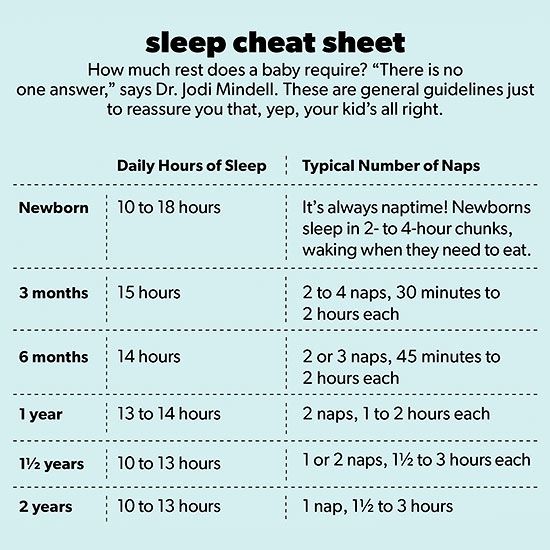 5 hours
5 hours
1:30 pm – Wake up – 1 hour nap
2:30 pm – Feed
4:15 pm – Nap 3 – cat nap
4:45 pm – Wake Up
6:30 pm – Feed
7:00 pm – Top up Feed before bedtime routine
7:20 pm – Begin bedtime routine
7:30 pm – Put down in crib
7:45 pm – Asleep
Overnight EBF generally 0-1 night feed between 1 and 4 am.
Formula fed kids getting 25-30 oz during the day, 0 night feeds.
This 7 month old nap sample schedule could change if your baby takes a longer 1st or 2nd nap, squeezing out room in the day for a 3rd nap. You can see an 8 month old schedule here.
One common problem that pops up at this age is early morning wake ups, around 5 am. The most common cause of this is not moving bedtime earlier when the 3rd nap is dropped.
Sleep begets sleep, the more well rested your baby is, the easier it is to fall and stay asleep.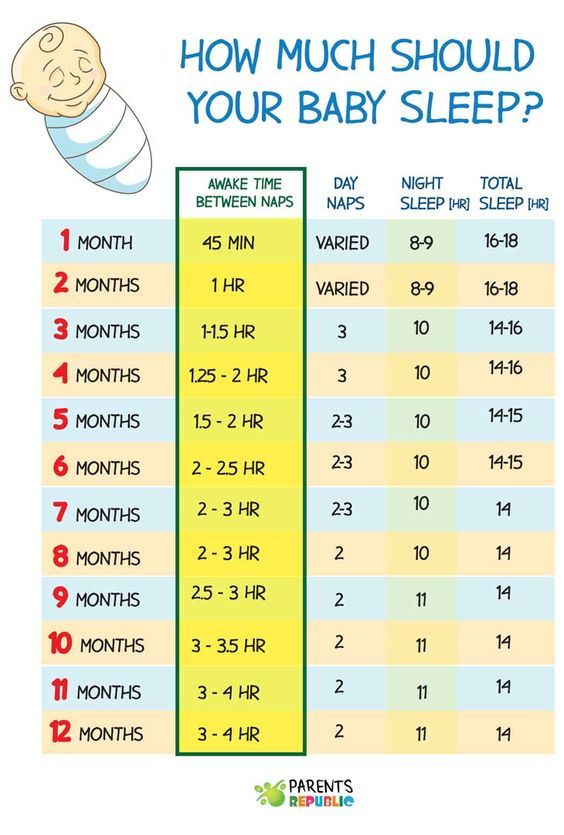 I often see this happening with parents who are adopting a “2-3-4” schedule at this age.
I often see this happening with parents who are adopting a “2-3-4” schedule at this age.
Using 2 hours before 1st nap, 3 hours before 2nd nap and 4 hours before last nap. If these early wake ups are happening to you, try decreasing the time interval before bed to not exceed 3 hours and see how that can help.
What is your 7 month old baby sleep schedule? Share in the comments section below, I would love to respond.
Ever wonder how much sleep your baby needs and when? Worried you're not getting nap hours in? Download my free sleep timing and quantity chart and see how much sleep they should be getting for their age.
Read Next:
- When Can My Baby Sleep Through The Night?
- The 3 – 2 nap transition: 7 – 10 months of age
- The One Thing Your Baby Needs to Sleep Through the Night
7 Month Old Baby Schedule | Sample Schedules
Home / Schedules / 7 Month Old Baby Feeding and Sleep Schedule: For Breastfeeding and Formula-Feeding Infants
by Nicole Johnson, Founder and Lead Sleep Consultant in Schedules —
7 month old babies need an average of 14 hours of sleep a day with 11-12 hours of sleep at night and 2-3 hours during the day.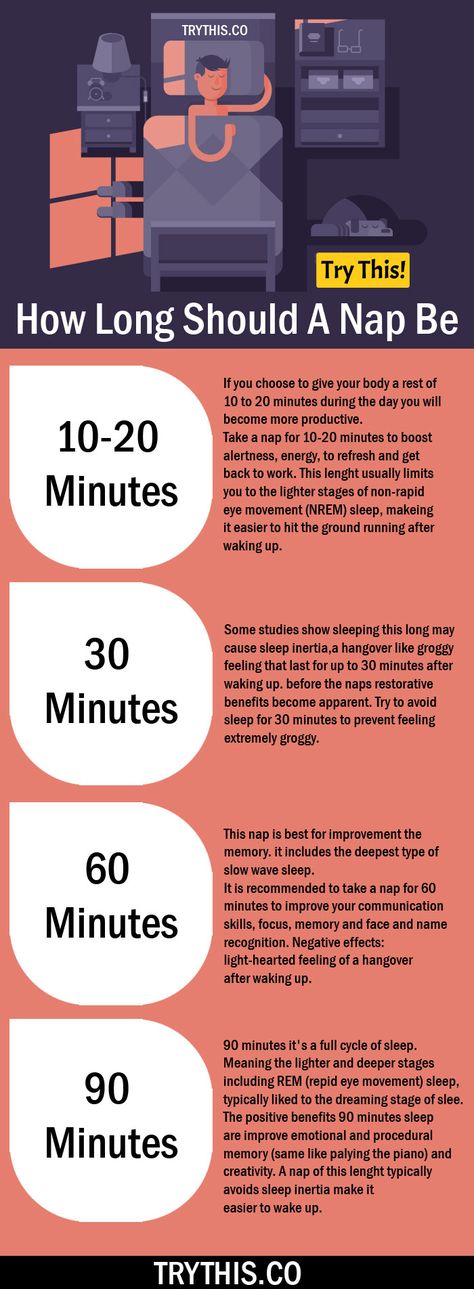 Most babies this age can stay awake for 2-3 hours in a stretch. However, some babies are on a 2-nap schedule while others are still taking three naps. Separation anxiety also affects babies this age. This article outlines the average 7-month-old baby’s sleep schedule, including milk feedings for breastfeeding and formula-feeding babies, solids, naps, and nighttime sleep. As a sleep consultant for over 10 years, I will also share typical sleep habits and tips to get your baby to sleep through the night. Or, you can simply skip to the schedule.
Most babies this age can stay awake for 2-3 hours in a stretch. However, some babies are on a 2-nap schedule while others are still taking three naps. Separation anxiety also affects babies this age. This article outlines the average 7-month-old baby’s sleep schedule, including milk feedings for breastfeeding and formula-feeding babies, solids, naps, and nighttime sleep. As a sleep consultant for over 10 years, I will also share typical sleep habits and tips to get your baby to sleep through the night. Or, you can simply skip to the schedule.
7 Month Old Baby’s Sleep Habits and Expectations
At this age, many 7-month-olds can sleep through the night, without any feedings. This is especially true of formula-fed babies, however, if your baby is breastfed, you may still have one feeding at night.
Regardless of how many naps your baby takes, your 7-month-old should be napping a total of 2-3 hours per day plus sleeping 11-12 hours at night. The average total sleep in a 24-hour period is around 14 hours.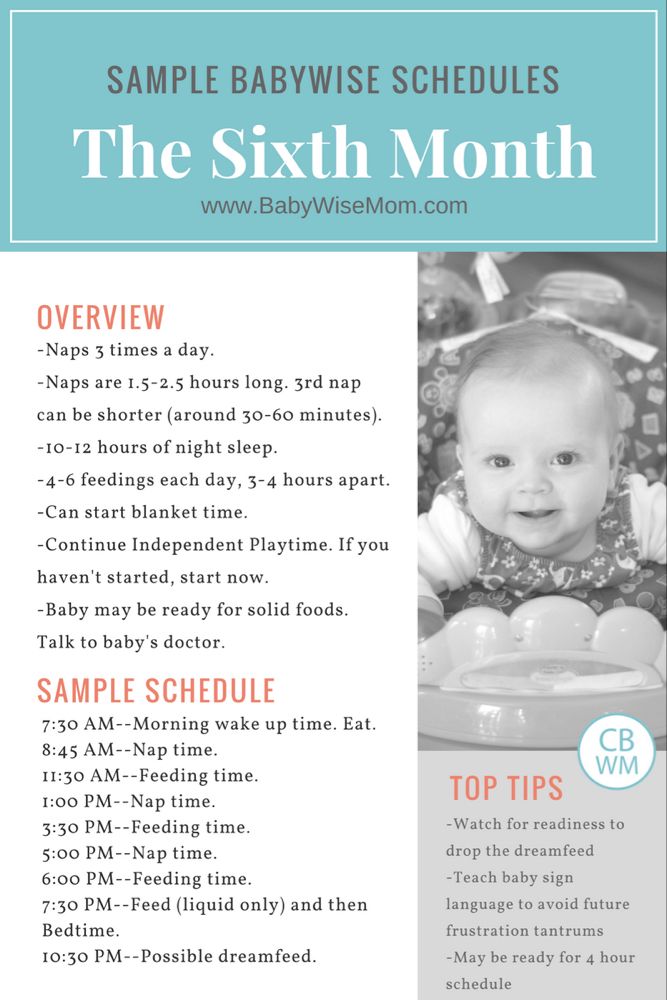 However, always keep in mind that some babies will need more or less sleep than the average.
However, always keep in mind that some babies will need more or less sleep than the average.
You May Also Be Interested In…
- 7 Common Napping Mistakes
- Night Feedings by Age, and When Do You Try Night-Weaning?
How Many Naps for a 7 Month Old?
7-month-old babies take two to three naps during the day. Typically, most 5 month olds will transition from four to three naps but then babies will transition to two naps anytime between 6 and 9 months old. If there is a third nap, it is almost always a short 30-45 minute catnap.
Babies this age have wake windows between 2 and 3 hours at a time, on average. A few are dropping the third nap and on a 2-nap schedule sometimes staying awake 3 to 4 hours before bedtime.
You May Also Be Interested In…
- How to Manage Your Baby’s Nap Transitions
- Sleep Regressions: Ages and Everything You Need to Know to Handle Them
- 7 Reasons Your Baby or Toddler Stopped Sleeping Through the Night
Wake Windows for 7 Month Olds
The typical wake windows for a 7-month-old are 2-3 hours with the first wake window being one of the shortest.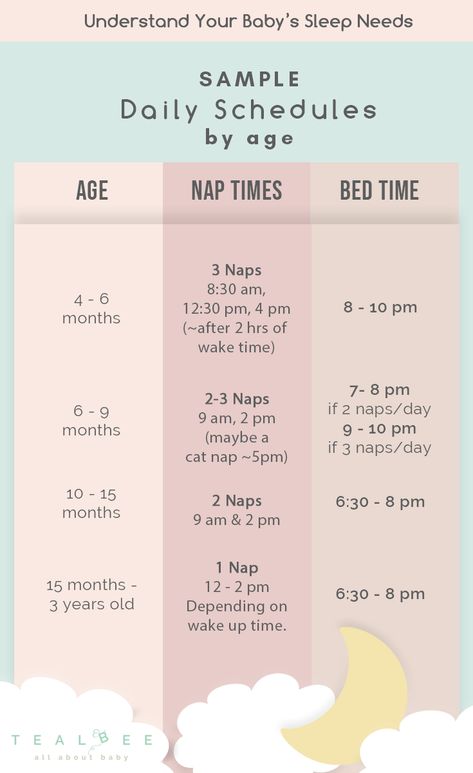 Usually, that first wake window is just 2 to 2 1/2 hours. If your 7-month-old baby has already dropped their third nap, they are more likely to stay awake 3 1/2 to 4 hours before bedtime, though, unless they are a really long napper.
Usually, that first wake window is just 2 to 2 1/2 hours. If your 7-month-old baby has already dropped their third nap, they are more likely to stay awake 3 1/2 to 4 hours before bedtime, though, unless they are a really long napper.
7-Month-Olds: Average Milk and Solid Food amounts Per Day
Your baby will sleep better if they are getting all the nutrition they need, obviously. However, it’s easy to accidentally overdo it with solid food if your baby likes it! Keep in mind that breast milk and/or formula should be the primary nutrition for the first year and solids come secondary. Solid food should not decrease milk intake very much if at all. Below are the average amounts we recommend:
- At least 5 nursing sessions per day or 26-32 ounces formula or combination
- Although some say 4-6 oz of water is okay, I usually discourage it at this age
- 1-2 servings baby cereal (1 serving = 1-2 Tablespoons dry)
- 1-2 servings fruit (1 serving = 1-2 Tablespoons)
- 1-2 servings vegetable (1 serving = 1-2 Tablespoons)
- 1 serving Dairy (1 serving = 1/3-1/2 cup yogurt or 1/4 cup cottage cheese)
- You can also offer cooked egg yolk (but possibly no egg whites until 1-year-old due to allergens — check with your doctor)
You May Also Be Interested In…
- Starting Your Baby on Solid Food
- Baby Food Recipes for 7 Month Olds
- The Best Ways to Introduce New Foods To Your Baby
- How Your Baby’s Poop Changes After Starting Solids
Putting it all together, all babies are unique, but here are sample schedules you can use to make your own for your unique baby.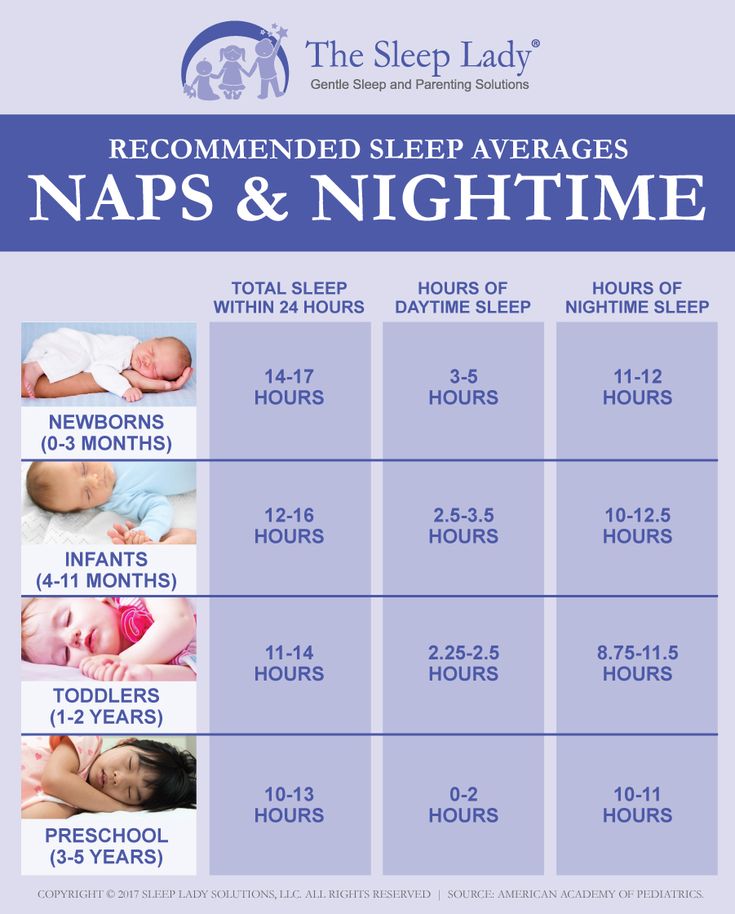
Sample 7 Month Old Baby Sleep Schedules
The first sample schedule is what I call a “staggered” approach. My first son did better nursing fully and then had solids a bit in between nursing sessions. He was a little hungry but not famished. He just didn’t do well with stopping nursing mid-way to eat solid food at all.
| 7 Month Old Sleep Schedule With Feedings | |
|---|---|
| Time | Activity |
| 7:00 AM | Wake and Milk |
| 8:15 AM | Breakfast |
| 9:00 AM | Morning Nap (at least one hour long) |
| 10:00 AM | Milk (upon waking) |
| 12:30 PM | Milk |
| 1:00 PM | Early Afternoon Nap (at least one hour long) |
| 3:00 PM | Milk |
| 4:00 PM | Catnap (30-45 minutes; can be “on the go”) |
| 4:30/5:00 PM | Dinner (if you offer a second solid meal; sometimes not offered until 8 months old) |
| 6:30 PM | Begin your bedtime routine |
| 7:00 PM | Milk and Bedtime (goal to be asleep by this time) |
+ Plus possibly 1-2 nighttime feedings
If your baby doesn’t mind a more “consolidated” approach to eating, like my second son, here is another type of schedule:
Sample Schedule 2: Consolidated Approach
| 7 Month Old Sleep Schedule With Milk and Solid Feedings Together | |
|---|---|
| Time | Activity |
| 7:00 AM | Wake |
| 7:15 AM | Breakfast + Milk (offer half milk feeding, then solids, then remaining milk) |
| 9:00 AM | Morning Nap (at least one hour long) |
| 10:00 AM | Milk (upon waking) |
| 12:30 PM | Milk |
| 1:00 PM | Early Afternoon Nap (at least one hour long) |
| 3:00 PM | Milk |
| 4:00 PM | Catnap (can be “on the go”) |
| 4:30/5:00 PM | Dinner + Milk (if you offer a second solid meal; sometimes not offered until 8 months old) |
| 6:30 PM | Begin your bedtime routine |
| 7:00 PM | Milk and Bedtime (goal to be asleep by this time) |
+ Plus possibly 1-2 nighttime feedings
If you prefer an Eat-Play-Sleep Schedule, here’s another sample:
Sample Schedule 3: Eat-Play-Sleep
| 7 Month Old Eat-Play-Sleep Schedule With Feedings | |
|---|---|
| Time | Activity |
| 7:00 AM | Wake |
| 7:30 AM | Milk |
| 8:15 AM | Breakfast |
| 9:00 AM | Morning Nap (at least one hour long) |
| 10:30 AM | Milk |
| 12:30 PM | Early Afternoon Nap (at least one hour long) |
| 1:30 PM | Milk (upon waking) |
| 4:00 PM | Catnap (30-45 minutes; can be “on the go”) |
| 4:30 PM | Milk |
| 5:00 PM | Dinner (if you offer a second solid meal; sometimes not offered until 8 months old) |
| 6:30/7:00 PM | Begin your bedtime routine |
| 7:00/7:30 PM | Milk and Bedtime (goal to be asleep by this time) |
+ Plus possibly 1-2 nighttime feedings
Note: Many people prefer to follow an eat-play-sleep routine, which is a good routine to follow, however, sometimes hard to implement at this age when the amount of time between naps is not long enough and your baby wakes too early from his nap because of a feeding. I take all of that into consideration when making my schedules. The most important part is to be careful not to create sleep associations with feedings too close to sleep times, which we saw become important at 4 months old.
I take all of that into consideration when making my schedules. The most important part is to be careful not to create sleep associations with feedings too close to sleep times, which we saw become important at 4 months old.
If your baby has already transitioned to two naps, please consider using one of our 8 month old schedules or 9 month old schedule. It’s not always so simple as dropping the last nap. You might need to move the other two naps!
Looking for more sample 7-month schedules?
We have over 40 sample schedules for all ages in our e-Book, Mastering Naps and Schedules. Banish naptime battles and regain control of your day (and your sanity) starting today!
You May Also Be Interested In…
- Custom Schedule Maker (for members only)
- Mastering Naps and Schedules (Members Area digital e-Book)
- Chat Live with a Sleep Consultant (for members only)
- 3 Signs It May Be Time for Night Weaning Your Baby
- Night Weaning Quiz: Is Your Baby Ready To Night Wean?
- 6 Month Baby Sleep Coaching Case Study (Members Area case study)
- How To Put Your Baby On A Schedule (Members Area audio tele-seminar recording with founder)
- How to Nap Train (chapter in Mastering Naps & Schedules)
- Nap Transitions (Members Area audio tele-seminar recording with Q&A)
- Day-by-Day Nap Training Plan (Members Area article)
Want FREE sleep help that you can put to use right away? Download a copy of our free guide, 7 Common Napping Mistakes! The guide is available to download instantly, which means you can start using the techniques in it as early as today.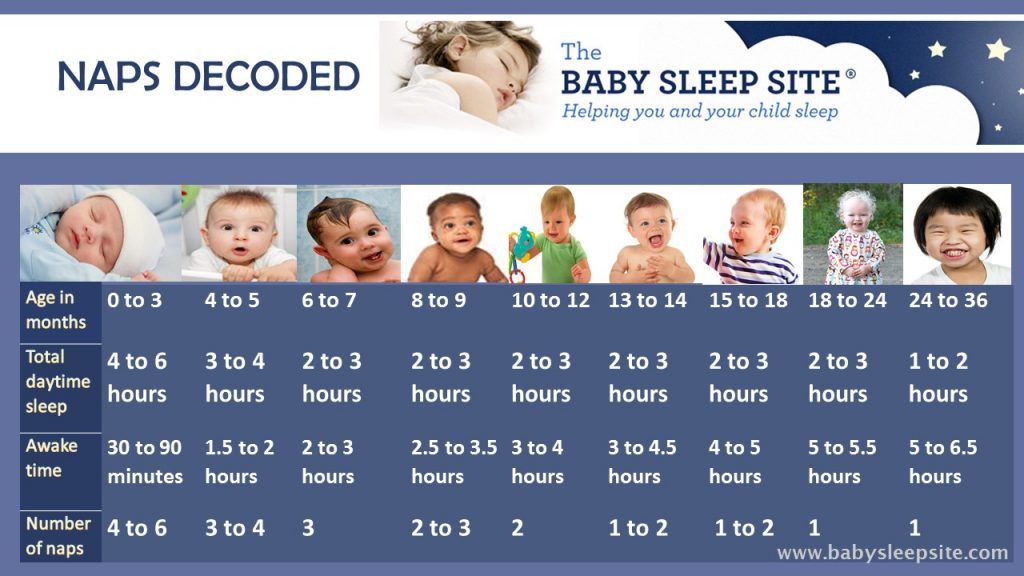 So download now, and learn why your baby is not napping – and what you can do about it.
So download now, and learn why your baby is not napping – and what you can do about it.
Click here to learn more about how to get your free guide.
A better daytime schedule could be just a few clicks away. So don’t wait – download now, and start your journey to better napping today!
The Baby Sleep Site® is a participant in the Amazon Services LLC Associates Program and other product affiliate programs. If you click on a product link and make a purchase, The Baby Sleep Site® may (but not always) receive a small commission from the company selling the product, but will not affect your purchase price. We only recommend products that we believe are quality products and are good for our readers.
Baby and Toddler Sleep Resources That Work – Guaranteed!If you are tired of wading through stacks of baby sleep books that just aren't working, if you are beyond exhausted and just can't solve your child's sleep problems on your own.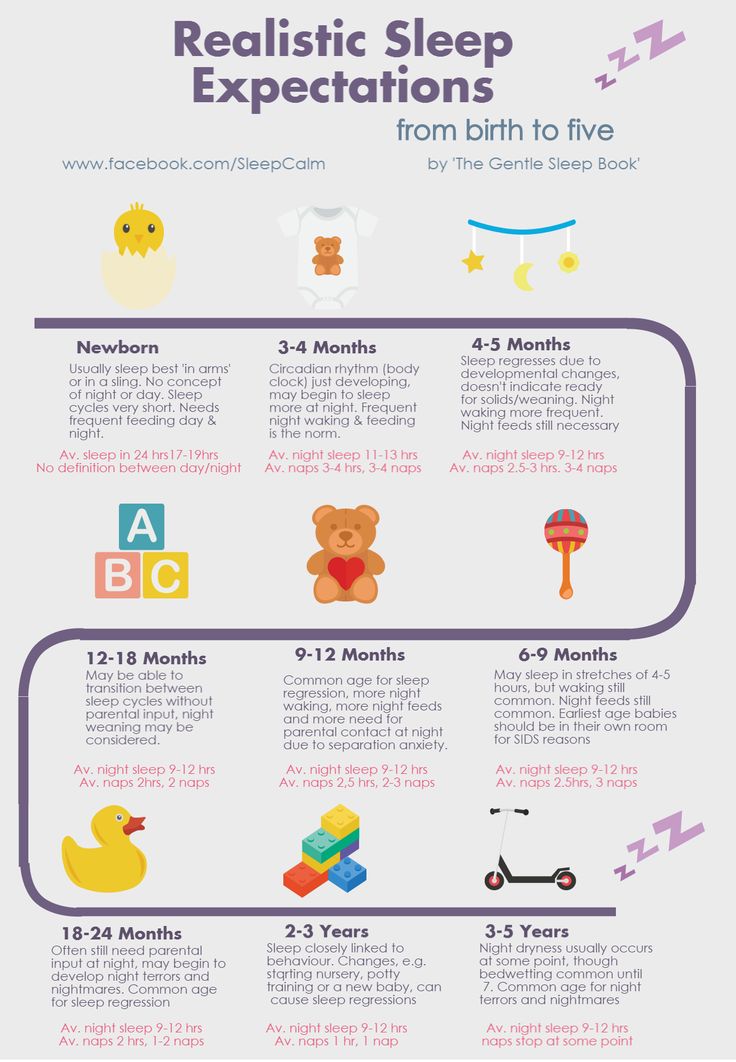 ..then personalized sleep consulting is for you. We have been around since 2008 and invite you to tap into 10+ years of experience. Our team of expert consultants will create a Personalized Sleep Plan® just for your family and then support you through every step of implementing your plan. We encourage you to consider our personalized, one-on-one baby and toddler sleep consultation packages if you want to see real, meaningful results now. Your consultation package also includes ample follow-up help, designed to help you troubleshoot problems and tweak your plan as needed.
..then personalized sleep consulting is for you. We have been around since 2008 and invite you to tap into 10+ years of experience. Our team of expert consultants will create a Personalized Sleep Plan® just for your family and then support you through every step of implementing your plan. We encourage you to consider our personalized, one-on-one baby and toddler sleep consultation packages if you want to see real, meaningful results now. Your consultation package also includes ample follow-up help, designed to help you troubleshoot problems and tweak your plan as needed.
For those persistent nighttime struggles, check out The 3 Step System to Help Your Baby Sleep. Using the same unique approach and practical tools for success, this e-book helps you and your baby sleep through the night.
If you’re looking for ways to get your baby or toddler into a healthy sleeping routine during the day, I encourage you to explore Mastering Naps and Schedules, a comprehensive guide to napping routines, nap transitions, and all the other important “how-tos” of good baby sleep.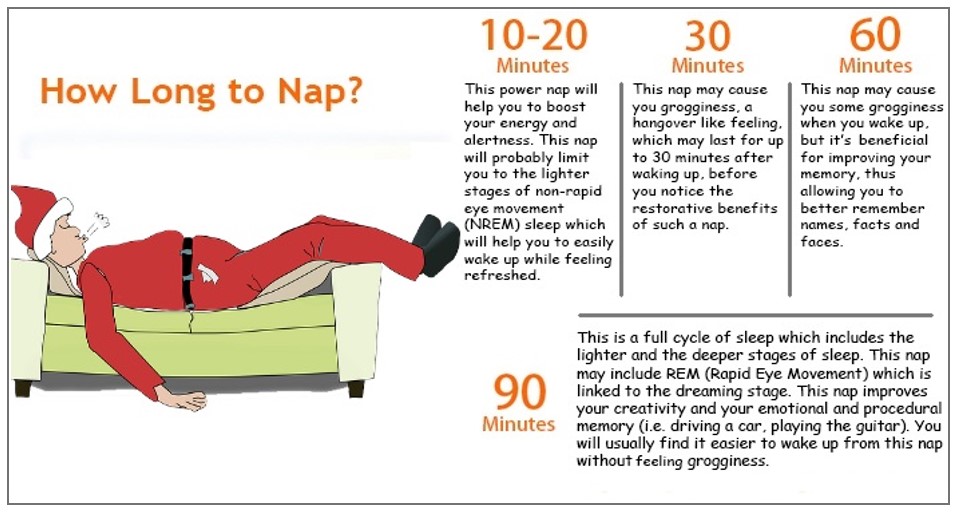 With over 45 sample sleep schedules and planning worksheets, Mastering Naps and Schedules is a hands-on tool ideal for any parenting style.
With over 45 sample sleep schedules and planning worksheets, Mastering Naps and Schedules is a hands-on tool ideal for any parenting style.
For those persistent toddler sleep struggles, check out The 5 Step System to Help Your Toddler Sleep. Using the same unique approach and practical tools for success, this e-book helps you and your toddler sleep through the night and enjoy a better daytime schedule.
Or, join our VIP Members Area packed with exclusive content and resources: e-Books, assessments, detailed case studies, expert advice, peer support, and more. It actually costs less to join than buying products separately! As a VIP member, you'll also enjoy a weekly chat with an expert sleep consultant. And the best part - members receive 20% off all sleep consultation services!
In over 10 years, we have over 10,000 comments on our blog.
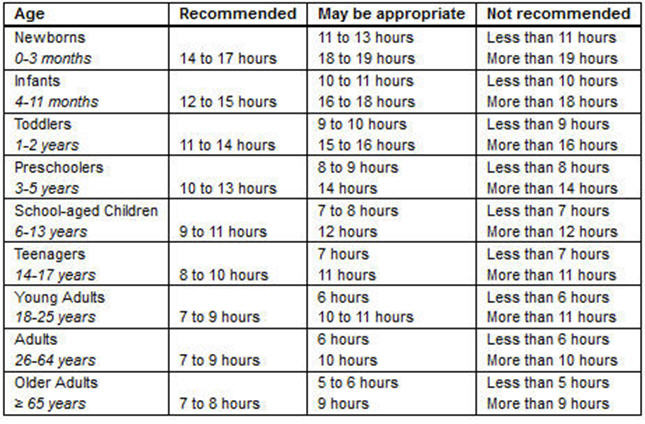
At this time, we’ve turned the comment sections off. We would, of course, love to hear from you! For help with your specific sleep problems, please learn more about our DIY resources or our sleep consultation services. Or, consider emailing us for a fast and helpful response!
Children's Clinical Medical Center of Chita
Sadly, pediatricians are increasingly stating the fact that modern children do not get enough sleep. And the lack of sleep in a child is much more dangerous than the lack of sleep in an adult. Children who sleep significantly less than normal grow more slowly and develop worse than their peers. This is easily explained.
First, growth hormones are produced during sleep.
Secondly, a good sound sleep contributes to a better memorization of previously received information.
Thirdly, general weakness due to lack of sleep makes it difficult to fully assimilate information.
In addition, the immune system is weakened in children with little sleep and the likelihood of developing diseases of the cardiovascular system increases.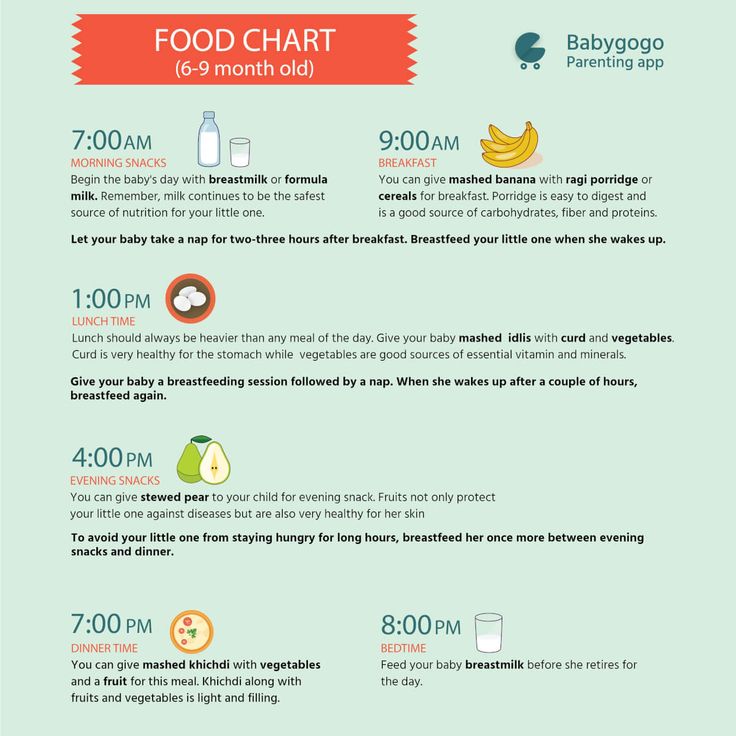 Sleep-deprived children become nervous, absent-minded, fussy. This applies to all children, regardless of their age: Babies and teenagers alike should sleep well.
Sleep-deprived children become nervous, absent-minded, fussy. This applies to all children, regardless of their age: Babies and teenagers alike should sleep well.
Parents are obligated to provide their child with adequate and healthy sleep.
For children, as for adults, the normal amount of sleep is individual. Some kids sleep more, some less. The figures given by doctors are an average. In general, they should strive for. These figures reflect the total amount of sleep per day, that is, taking into account both night sleep and daytime sleep.
- Newborn baby sleeps an average of 18-22 hours a day.
- Baby from 1 to 3 months old sleeps 18-20 hours.
- A 3-4 month old baby can sleep 17-18 hours.
- A 5-6 month old baby must sleep at least 16 hours.
- Baby 7 to 12 months old sleeps 14 to 16 hours a day.
- A child from 1 to 1.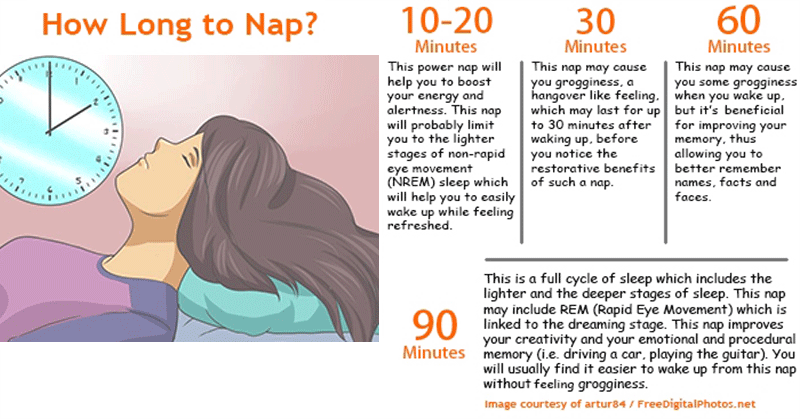 5 years old must sleep at least 10-11 hours at night and 3-4 hours during the day. In general, at least 14 hours a day.
5 years old must sleep at least 10-11 hours at night and 3-4 hours during the day. In general, at least 14 hours a day.
- A child from one and a half to 2 years old must sleep at least 10-11 hours at night and 2-3 hours during the day. In general, at least 13 hours a day.
- Child 2 to 3 years old must sleep at least 10-11 hours at night and 2-2.5 hours during the day. In general, at least 12.5 hours a day.
- Children 3-4 years old should sleep at least 10 hours at night and 2 hours during the day. In general, at least 12 hours a day.
- Children 5 to 7 years of age should sleep at least 9-10 hours at night and 1.5-2 hours during the day. In general, at least 10.5-11 hours a day.
- Pupils of elementary school may not sleep during the day. At night, they should sleep at least 9 hours, preferably 10 hours.
- Adolescent needs at least 9 hours of sleep per night.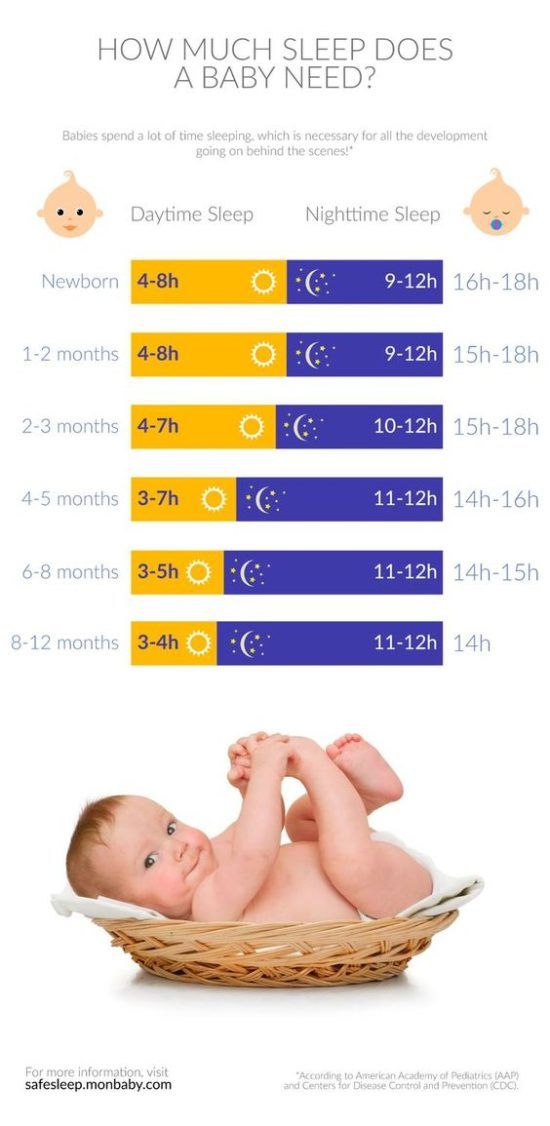
- high school students should sleep an average of 8 hours per night.
In order for the child to get enough sleep, it is necessary to follow the regimen and put him to bed at the same time. This is especially true for night sleep. Make it a rule to put the child to bed, for example, at 21 o'clock. And never deviate from this rule. Let there be guests in the house, let the child become interested in the game, let the parents have things to do - everything should be postponed for the sake of the child's sleep. If he gets used to going to bed at the same time, nothing will prevent him from relaxing in time and wanting to sleep. No game will seem more attractive to him than a fresh warm bed and a cozy pillow.
2. Preparation for sleep, relaxation, rituals.
In order for the child to fall asleep easily and quickly, already an hour or two before bedtime, he must be in a calm atmosphere. Noisy games, difficult puzzles, intellectual tasks, homework preparation, computer games, watching noisy long movies and cartoons, listening to loud music, etc.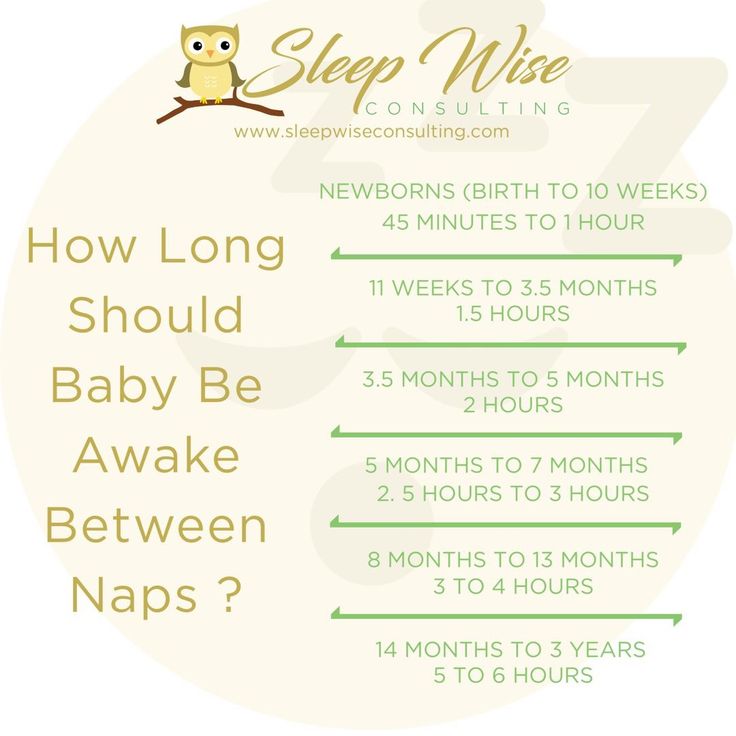 - all this should end an hour or two before going to bed. The kid at this time can calmly play with toys or listen to a fairy tale read by his mother. An older child can read by himself, chat with his parents, watch a calm movie. Yes, and not so much time will be left for quiet leisure, because direct preparation for sleep will require a lot of time. It is necessary to take a shower, brush your teeth, straighten the bed, change into pajamas, drink some water, etc. The same actions performed day after day before going to bed become a kind of ritual, the performance of which also helps the child tune in to sleep. And this, in turn, contributes to faster and deeper falling asleep and, as a result, better rest. If, for example, a few sips of water before bedtime suddenly become a habit, do not try to wean your child from it. Let this be your ritual helper. If a child is used to parents reading a fairy tale to him, then he needs to read, regardless of employment.
- all this should end an hour or two before going to bed. The kid at this time can calmly play with toys or listen to a fairy tale read by his mother. An older child can read by himself, chat with his parents, watch a calm movie. Yes, and not so much time will be left for quiet leisure, because direct preparation for sleep will require a lot of time. It is necessary to take a shower, brush your teeth, straighten the bed, change into pajamas, drink some water, etc. The same actions performed day after day before going to bed become a kind of ritual, the performance of which also helps the child tune in to sleep. And this, in turn, contributes to faster and deeper falling asleep and, as a result, better rest. If, for example, a few sips of water before bedtime suddenly become a habit, do not try to wean your child from it. Let this be your ritual helper. If a child is used to parents reading a fairy tale to him, then he needs to read, regardless of employment.
3. Lightness in the stomach.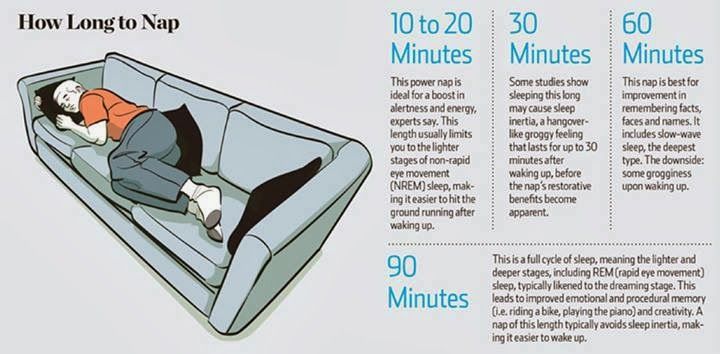
The last meal should be 2 hours before bedtime (this does not apply to infants and children who are breastfed). Shortly before bedtime, a child can drink a cup of tea with 1-2 cookies or a glass of kefir, but not with a high-calorie sandwich. Firstly, with ease in the body falls asleep more soundly. Secondly, dense high-calorie snacks before bedtime are bad for the stomach.
4. Comfortable atmosphere in the room.
The room must be well ventilated before putting the child to bed. If the room is dry, after airing it is worth turning on the humidifier and bringing the humidity level to an acceptable level. When the child goes to bed, you need to turn off the light, you can leave a dim nightlight if the baby asks for it. In no case should children be put to bed with the TV turned on or a flickering computer monitor. However, it is impossible to turn on the TV, the overhead light and the sound of the computer speakers even after the child falls asleep. Light noises and light may not wake him up, but they will make the child's sleep superficial, because of this, the body will not get proper rest. If this happens consistently, the child will show signs of sleep deprivation. That is, he seems to be sleeping as much as necessary, but still does not get enough sleep. The reason is the lack of conditions. The room where the child sleeps should be fresh, dark and quiet.
If this happens consistently, the child will show signs of sleep deprivation. That is, he seems to be sleeping as much as necessary, but still does not get enough sleep. The reason is the lack of conditions. The room where the child sleeps should be fresh, dark and quiet.
Sleep is very important for a child's normal growth and brain development, and regular lack of sleep can lead to serious illnesses. Create the conditions for your baby to fall asleep and carefully make sure that nothing interferes with his full sleep.
Dream of a child at 7 months - a child 7 months sleeps poorly
06/24/2015
422271
732
of the table
6–9months
Article author
Tatyana Chkhikvishvili
Tatyana Chkhikvishvili
Head of online programs, psychologist, sleep and breastfeeding consultant
Mother of two children
Your baby is 7 months old, sometimes you may think that he is already “almost big”, but the baby’s sleep at 7 months is just as important as for a newborn.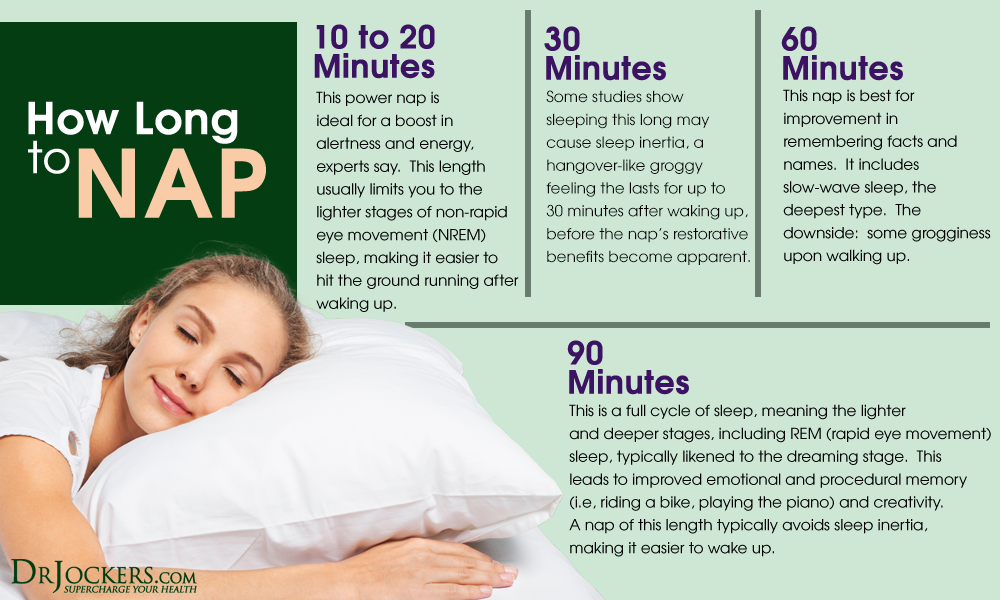 After all, the baby still has a lot to learn - and for this he needs the strength that gives a full, high-quality sleep.
After all, the baby still has a lot to learn - and for this he needs the strength that gives a full, high-quality sleep.
Daily sleep at this age ranges from 13.5 to 15 hours. The total time of daytime sleep is about 3-3.5 hours, nighttime - 10-12 hours. The optimal waking time, which includes playing, feeding, getting ready for bed, going to bed and falling asleep, is usually around 3 hours.
The rhythm of sleep and wakefulness of the child still changes frequently, adjusting to the increase in the time of wakefulness. This is not yet a clock-based mode, but rather a relatively predictable alternation of periods of sleep and wakefulness.
Child crisis calendar
Developmental stage
Mental development Developmental development
From the point of view of mental leaps, the age of 7–7.5 months is a rather calm time. Having passed the crisis of the “World of Relationships”, the baby has already realized that any two objects or people are always at some distance from each other.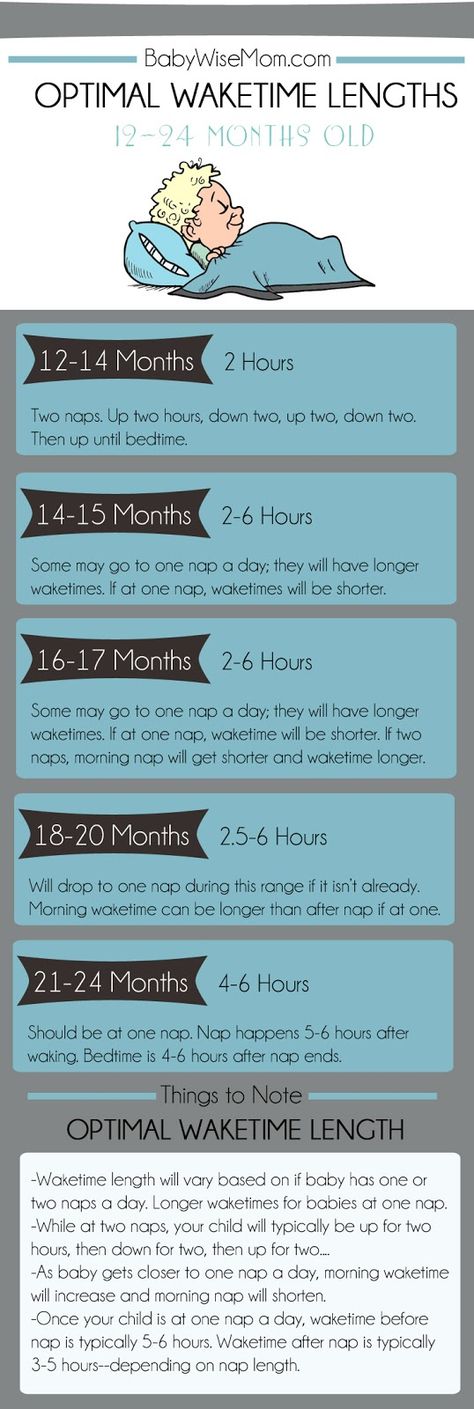
Peak fear of separation from mother
Of course, the child is most interested in the distance between him and his mother, so first of all he notices that you can move away. And he doesn't like it at all. Many parents observe the peak of "fear of separation from mom." Mom cannot be around 100% of the time, this causes fear and tears in the baby. This anxiety can cause a seven-month-old baby to not sleep well.
How to help a child?
- A comfortable place to stay awake . Try to spend most of the time in contact with the child. Arrange play areas throughout the apartment so that the baby can always see what mom is doing.
- Talk to your child more : tell what you are doing, where you are going and be sure to say that you will always return.
- What to do when crying? If the baby burst into tears when you left the room, do not "rush" to him in upset feelings (this way you only reinforce his fear of separation - "mom is worried, something really happened").
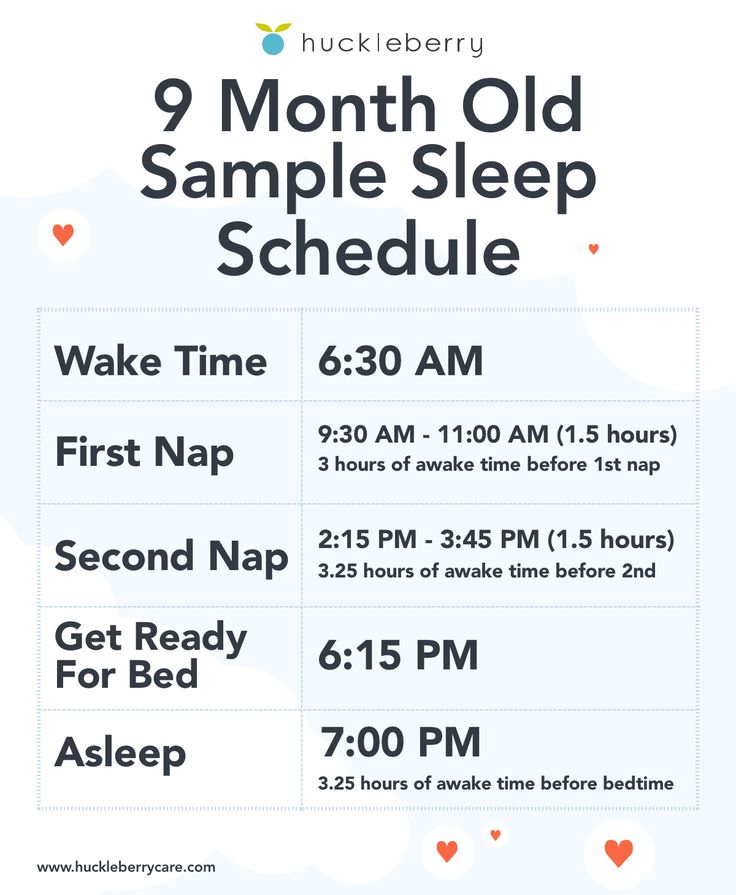 Calmly approach the baby, sit down next to him, hug, calm down, switch your attention.
Calmly approach the baby, sit down next to him, hug, calm down, switch your attention.
- Confidence building games . Hide-and-seek behind the curtain, all the variations of playing peek-a-boo, bye-bye, daily and repeatedly - this is what the baby needs in the next few months. So mom shows that she disappears for only a few seconds, and then she will definitely return. And it's not scary.
As soon as the baby is convinced that the mother is not going anywhere, he will calm down and be able to direct his energy to the development of the surrounding space.
Physical development
The age of 7 months is a time of rapid development of new physical skills: someone learns to sit down, someone to crawl, and some children make attempts to get up at the support. It is hard to believe that just recently the baby was a helpless newborn! Continue to create conditions for your baby to practice these skills during the period of active wakefulness.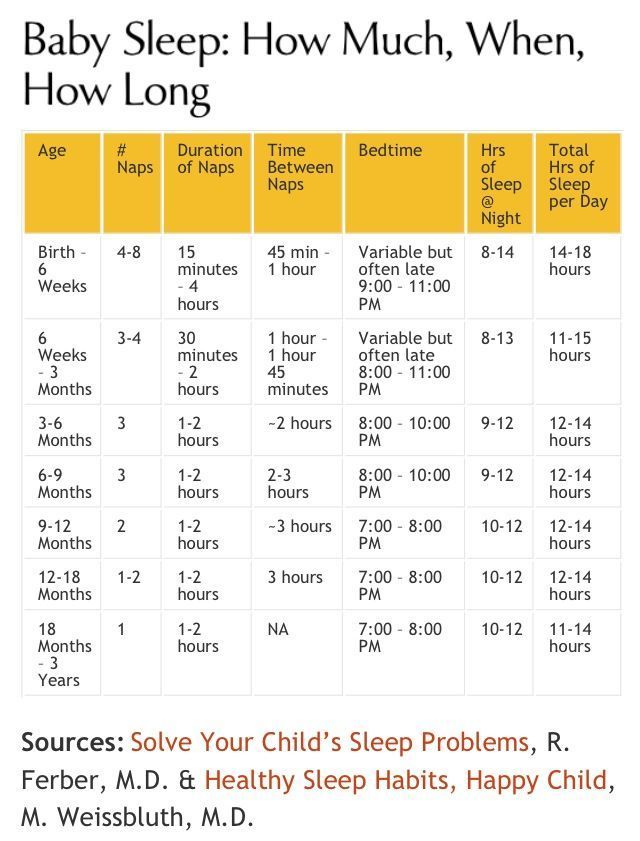
Poll
What does your baby need to fall asleep?
Night sleep
Tip of the month
If your baby hasn't switched to 2 naps yet, it might be this month. This is a difficult period for the child and parents, as there is a change in the established rhythm of the day. Be alert to your child's cues: watch for increased wake time, watch for signs of fatigue, reduced third nap time.